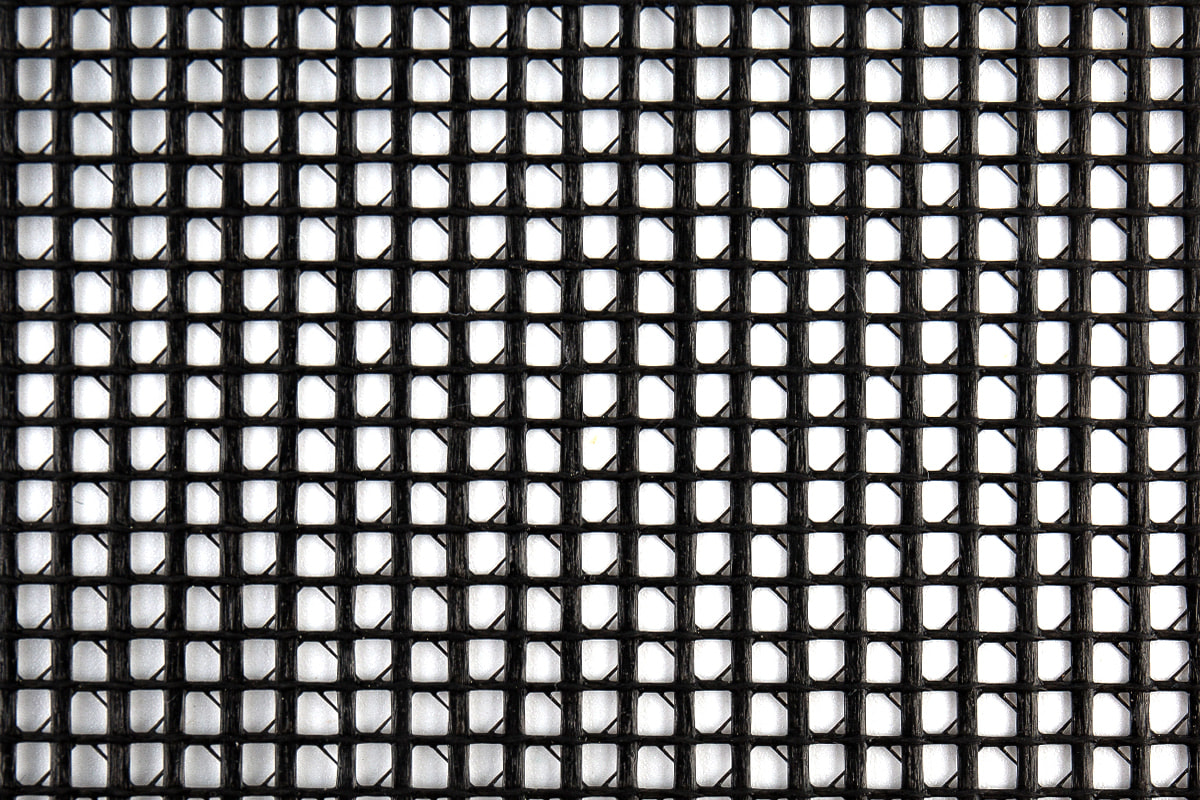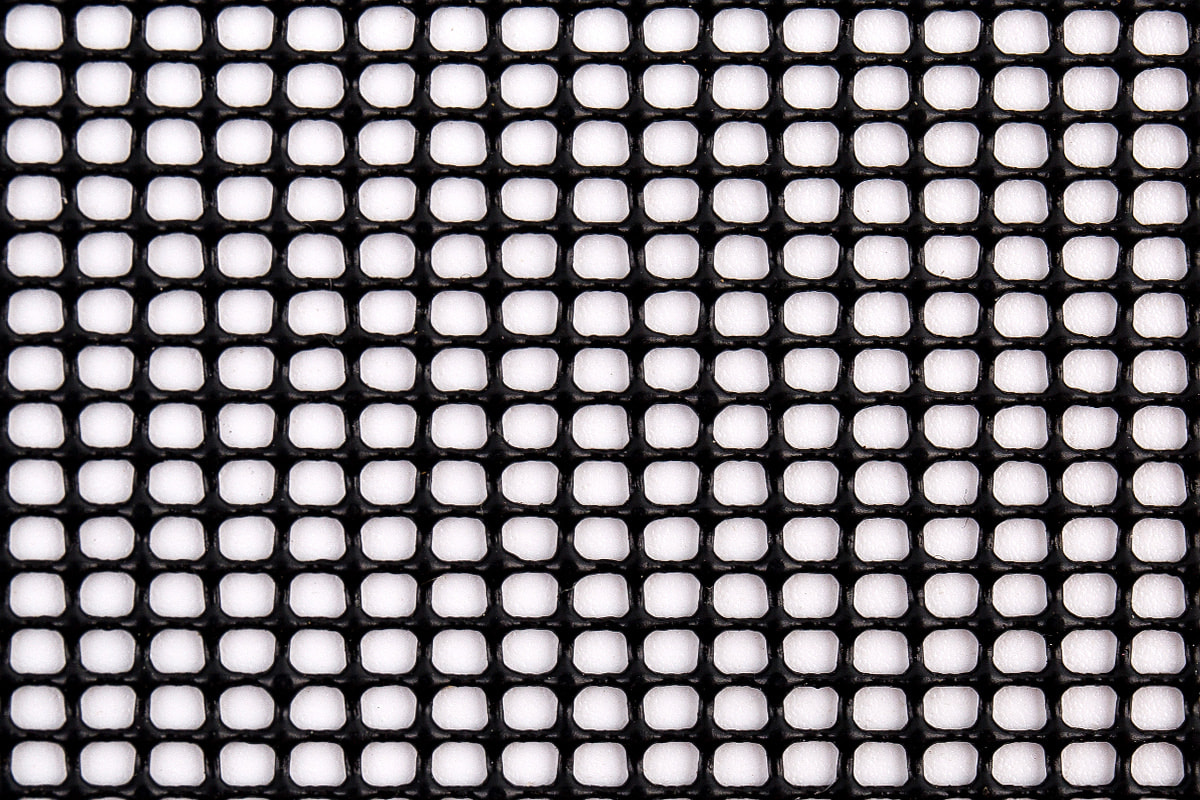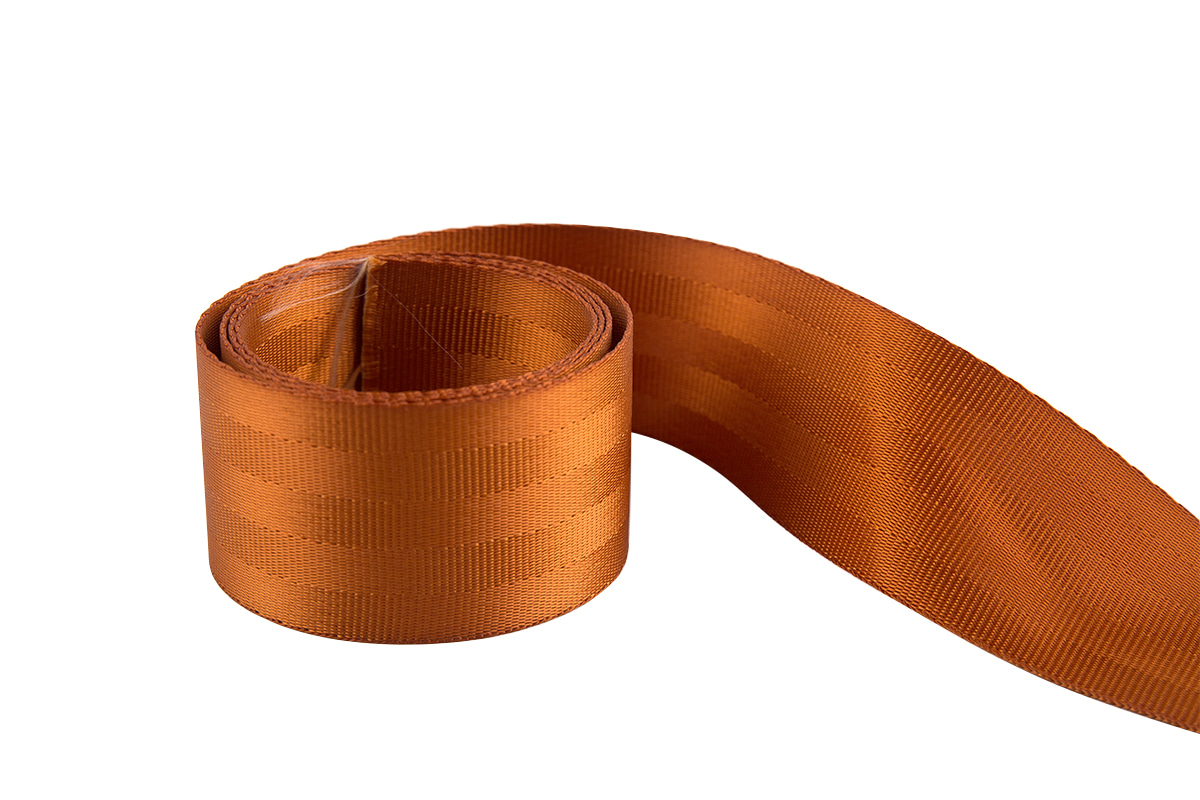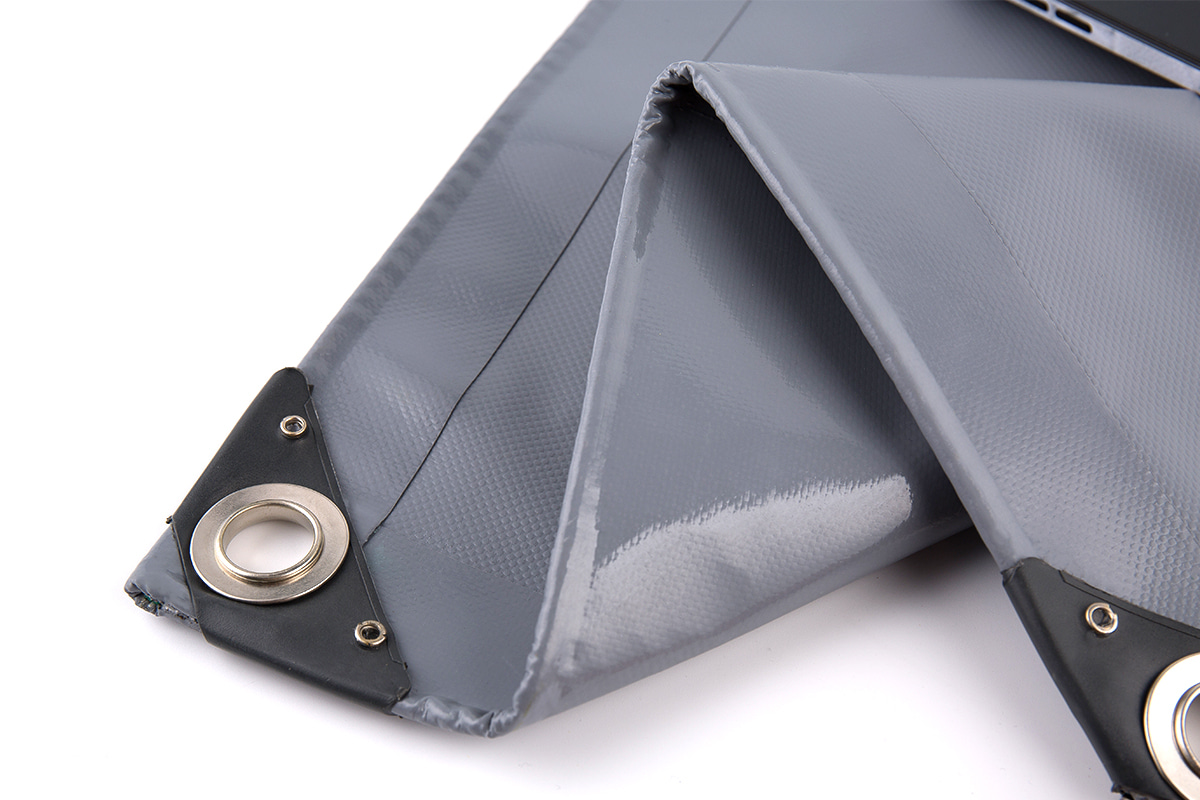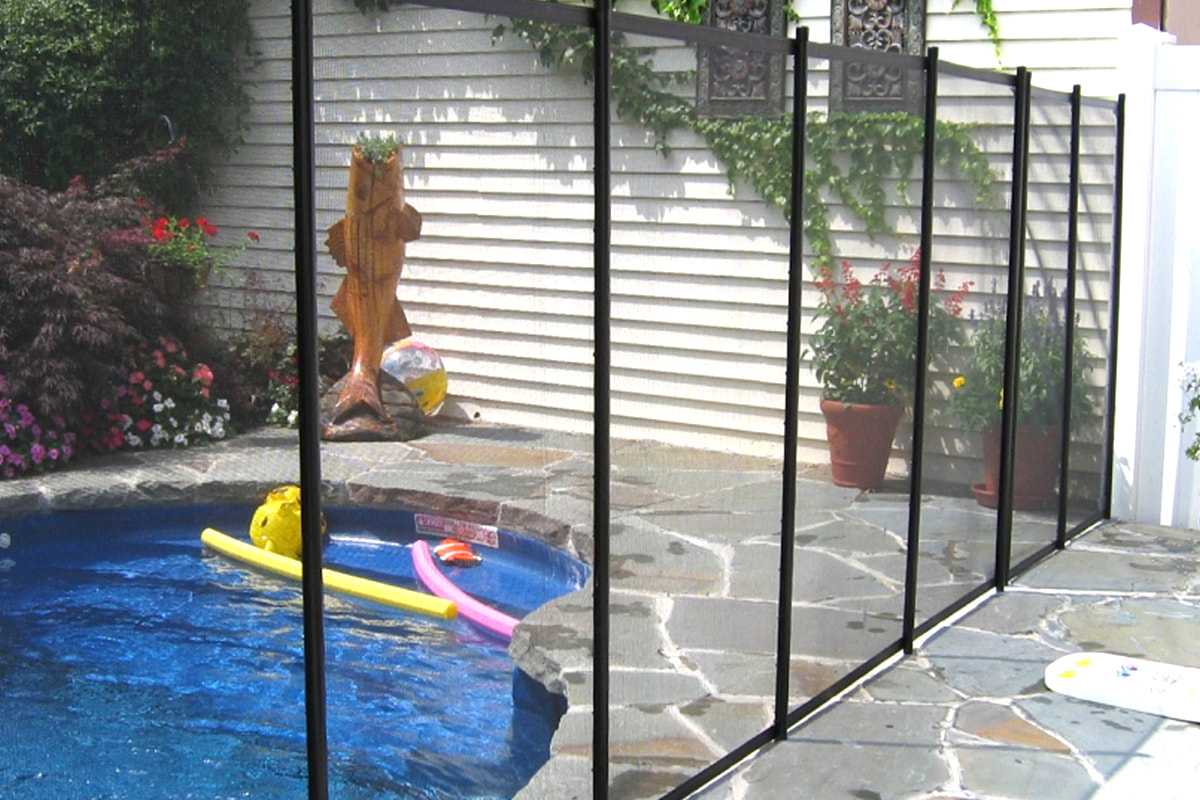The use of PVC coated polyester mesh and PVC coated screen mesh has become increasingly prevalent due to their durability and versatility. However, with the growing awareness of environmental issues, it is crucial to examine the environmental impact of these materials.
PVC coated polyester mesh and PVC coated screen mesh are created by applying a layer of polyvinyl chloride (PVC) to a polyester base material. The process involves coating the polyester mesh with PVC, which provides additional strength, flexibility, and resistance to various environmental factors. The use of PVC in these materials is significant, as it is a type of plastic that has both advantages and disadvantages from an environmental perspective.
One of the primary benefits of PVC coated polyester mesh and PVC coated screen mesh is their durability. These materials are resistant to UV rays, making them suitable for outdoor applications. Their resistance to wear and tear means that they can be reused multiple times, reducing the need for frequent replacements. This reusability can help to minimize waste and reduce the overall environmental impact of these materials.
PVC coated polyester mesh and PVC coated screen mesh are designed to withstand various weather conditions, including rain, snow, and sunlight. This resistance to weathering is a key factor in their environmental impact, as it reduces the need for additional protective measures. By protecting the underlying polyester mesh, the PVC coating helps to extend the lifespan of the material, reducing the frequency of replacement and disposal.
While the durability and weather resistance of PVC coated polyester mesh and PVC coated screen mesh are beneficial, the chemical composition of PVC raises some environmental concerns. PVC is a type of plastic that contains additives, such as plasticizers and stabilizers, which can leach out over time. These additives can have negative effects on the environment, particularly if the materials are not disposed of properly.
The disposal and recycling of PVC coated polyester mesh and PVC coated screen mesh present some challenges. PVC is a difficult material to recycle due to its complex composition and the presence of additives. As a result, many PVC products, including coated mesh materials, end up in landfills, where they can take a long time to break down. This contributes to the environmental impact of these materials, as they can release harmful chemicals into the environment over time.
In response to the environmental concerns associated with PVC coated polyester mesh and PVC coated screen mesh, some manufacturers are exploring alternative materials and production methods. For example, the use of bio-based plastics or other eco-friendly coatings can help to reduce the environmental impact of these materials. Additionally, improving recycling processes and promoting the responsible disposal of PVC products can help to mitigate their ecological footprint.
The environmental impact of PVC coated polyester mesh and PVC coated screen mesh is a complex issue that requires a balanced consideration of their benefits and drawbacks. While these materials offer durability and weather resistance, their chemical composition and disposal challenges raise valid environmental concerns. By exploring alternative materials, improving recycling processes, and promoting responsible disposal, it is possible to reduce the ecological footprint of PVC coated polyester mesh and PVC coated screen mesh, ensuring a more sustainable future for the textile industry.

 en
en Español
Español